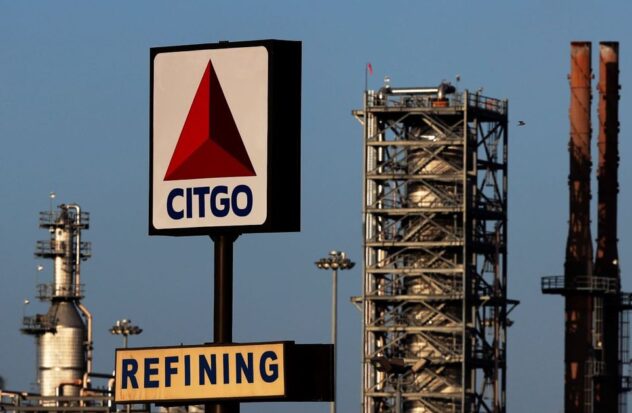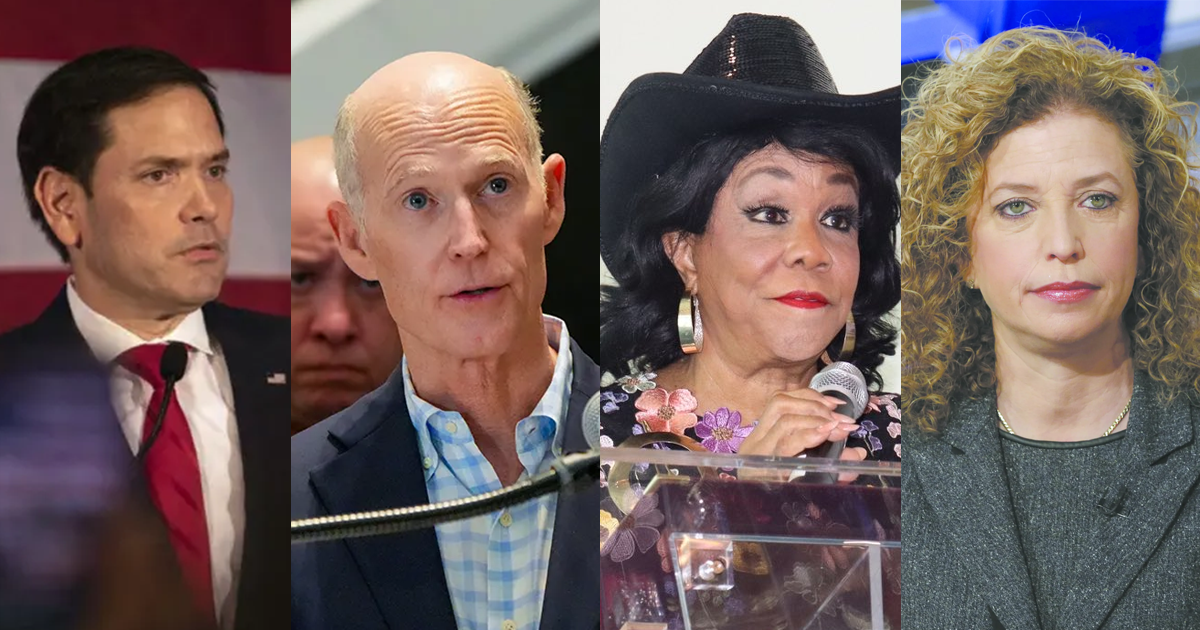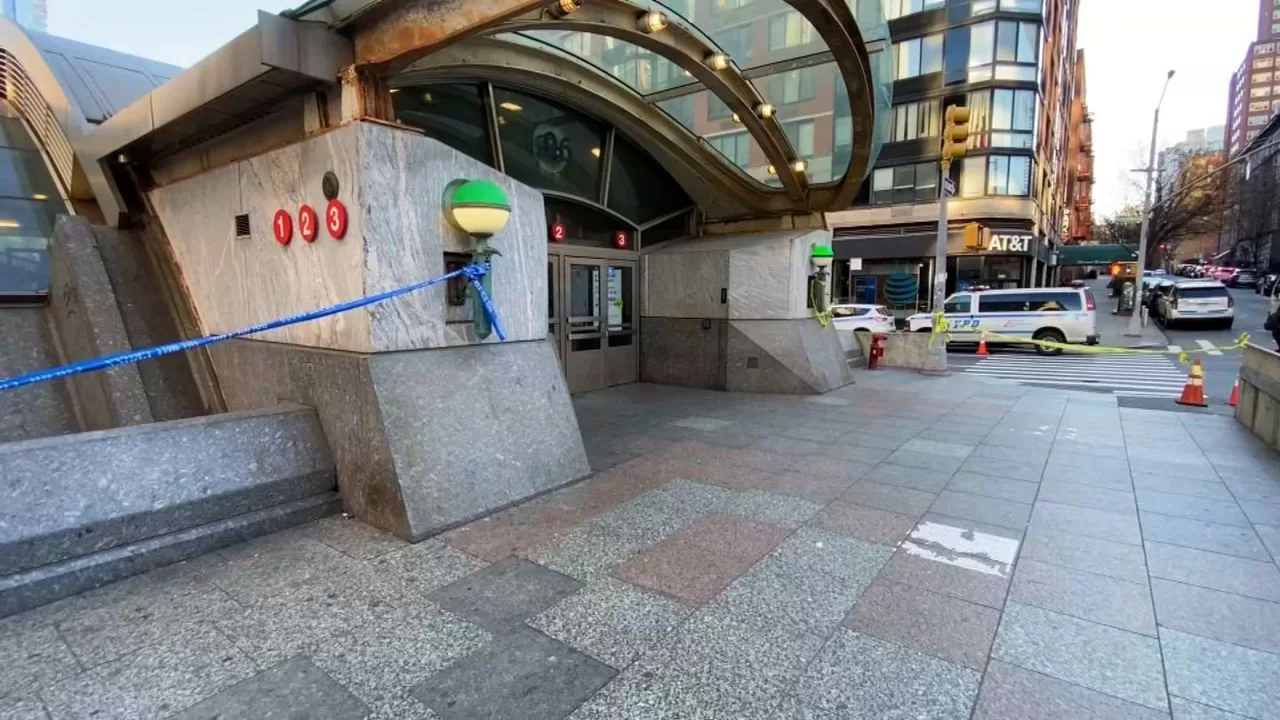That’s because six companies won conditional rights in March to go after shares in PDV Holding, one of the owners of Citgo Petroleum, Venezuela’s largest overseas asset, with a capacity to process 807,000 barrels per day.
The case was filed in US courts seven years ago and involves 18 creditors of unpaid bonds in the US, who are demanding just over $21 billion from Venezuela as compensation for expropriations and defaults on their holdings.
A month ago, federal district judge in Delaware, Leonard Stark, cleared the way for the offers and rejected the latest arguments presented by the Venezuelan regime to retain Citgo, an oil refining and fuel marketing company that has belonged to Venezuela since 1990. .
The winners of the second auction are expected to be announced at a hearing on July 15, and will be announced by Judge Leonard Stark of the Third Circuit Court of Delaware in the United States.
However, Venezuelan lawyer and political scientist Orlando Viera-Blanco, in his article “Citgo is not a piñata,” stated that the US subsidiary of Petróleos de Venezuela (PDVSA) “will not be auctioned off, nor is its liquidation imminent.”
“On July 15, the decision to win the bet will be decided, and this decision can be appealed, given that the method of forced sale is also questionable. Citgo can be rescued,” he explained.
He added that the Third Circuit Superior Court reiterated the ruling, “but left open the possibility of considering the existence of fraudulent intent and injury, in accordance with Delaware law. This should be assessed if it is necessary to appeal Citgo’s eventual award before the Superior Court in question, if applicable.”
In addition, the Delaware Law adds that “the intention of fraud and the demonstration of an injury due to that fraudulent intention must prevail. The US court must reassess the scope of the concept of alter ego in terms of the period that applies and intention to defraud.”
Viera-Blanco recalled that between 1998 and 2000, when the late President Hugo Chávez received Citgo, PDVSA produced around 3.8 million barrels of oil per day, and the state-owned subsidiary in the United States alone refined 1.5 million barrels per day in its six refineries and had 14,000 stations, which represents 10% of the PDVSA market. In addition, it had 17% of the crude oil production market in Germany.
They take their toll
For her part, American journalist and editor Maria Anastasia O’Grady highlighted in an article in the Wall Street Journal that during the 25 years of Chavismo and Maduro, Venezuela has accumulated more than 140 billion dollars in external debt, including that issued by the republic and the state-owned Petróleos de Venezuela (PDVSA). As well as money owed to investors whose properties were expropriated and confiscated, in addition to debts with suppliers and investors.
He said the regime may have thought Citgo was protected from asset seizures in the United States. This, he said, explains “why it embarked on an expropriation binge between 2007 and 2012, and an unprecedented looting as if Venezuela had no contractual obligations.”
US support
Maria Anastasia O’Grady said that after the international community recognized Juan Guaidó’s interim government in 2019, her team tried to save Citgo from future accountability claims by arguing that PDVSA was no longer run by the regime.
In that sense, he highlighted that during the interim government, the United States protected Citgo from creditors, “but once Guaidó’s attempt to overthrow Maduro failed, all bets were ruined. “Venezuela was destined to face the consequences of its reckless expropriations and cancellations of contracts.”
Viera Blanco pointed out in this regard that, when the interim presidency arrived, Citgo was in bankruptcy. “His debts exceeded his assets. Today Citgo recovered its corporate performance with more than 5 billion dollars in profits in the last 10 quarters, annual revenues in the order of 20 billion dollars and profits of 2 billion dollars.”
O’Grady in his article says that the judge in charge of the case ruled that “PDVSA’s alter ego status was maintained even during the interim government. And now plaintiffs seeking $20.8 billion in damages from Venezuela are lining up to get a share of Citgo, which is valued at between $11 billion and $13 billion.”
The opposition
The columnist mentions that the Venezuelan regime intends to hold the Venezuelan opposition responsible for the loss of the oil company, with the intention of justifying “a rigged result” and not recognizing the results of the presidential elections scheduled for July 28 in the country. South American.
Given this situation, he explained that Chavismo believes they can explain stolen elections by blaming the opposition for allowing creditors to get their hands on Citgo.
He said that this theory does not agree with what has been shown for months in the polls, which place the unitary candidate Edmundo González Urrutia, who has the support of opposition leader María Corina Machado, above Maduro by more than 20 percentage points, which in his opinion should mean the “crushing defeat” of the democratic alternative.
The columnist considers it unlikely that Maduro will voluntarily acknowledge defeat, “but he has reasons to want to avoid the appearance of flagrant fraud, being aware that this would worsen his international condition.”
@Lydr05
Source: Opinion articles






